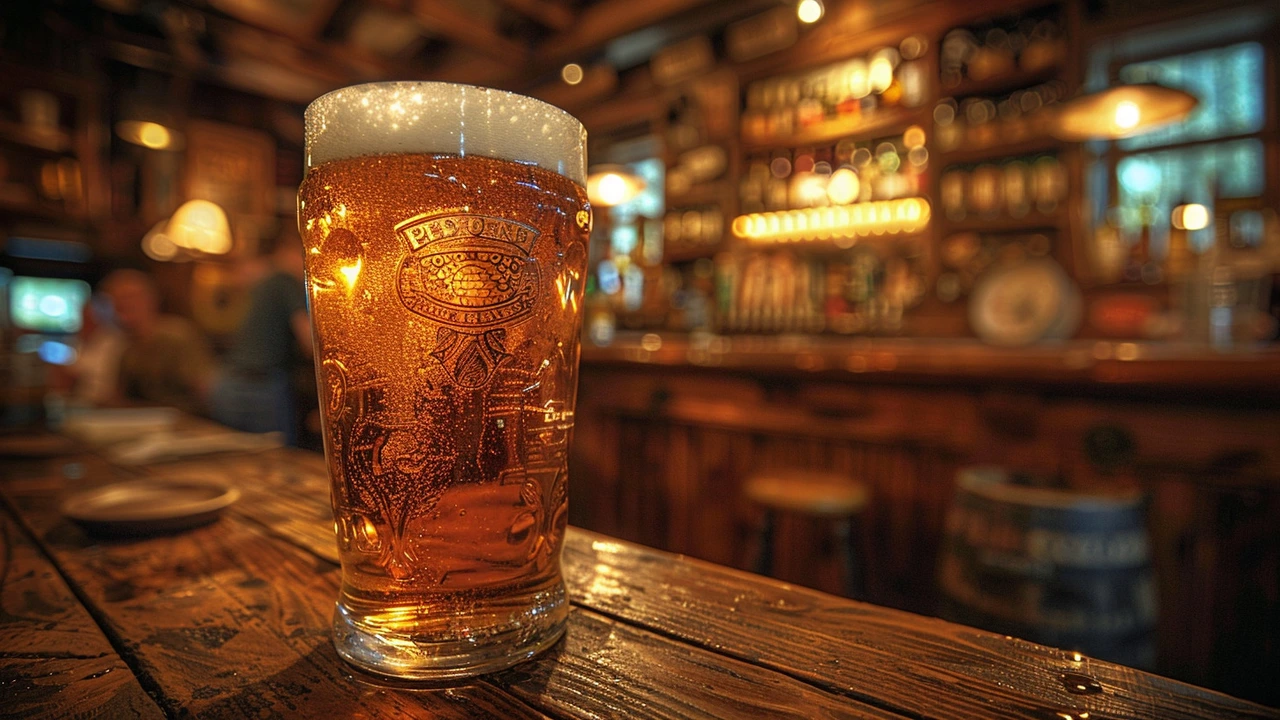Boxing Relationships: Inside the Ring and Beyond
When you watch a fight, the punches and footwork grab the headlines, but the real engine behind any bout is the network of relationships surrounding the fighters. From the coach who fine‑tunes a jab to the promoter who lines up the ticket sales, every link matters. Understanding these connections helps fans see why some careers skyrocket while others stall.
Trainer‑Boxer Bonds
The trainer is more than a corner man; they’re the daily voice that shapes a boxer’s style. A good trainer watches every habit, knows when a fighter’s confidence dips, and can tweak a technique in a split second. Think of the partnership between Sir Henry Cooper and his trainer – a bond that turned raw power into precise timing. When a trainer trusts a fighter’s instincts, the boxer can take risks without fearing a collapse.
These bonds are built on honesty. If a trainee hides a lingering injury, the coach can’t adapt the game plan. Open communication keeps the fighter safe and the performance sharp. Many British champs credit their longevity to staying humble with their corners, listening even when they think they know better.
Rivalries and Friendships
Rivalries drive ticket sales, but they often start as friendships. Two boxers spar in the gym, learn each other's strengths, and then headline a pay‑per‑view showdown. The tension fuels hype, yet mutual respect keeps the sport civil. When Tyson Fury faced Deontay Wilder, their rivalry sparked massive interest, but both spoke about the camaraderie that helped them train harder.
Friendships also play a part in career moves. A boxer may switch promoters because a former teammate recommends a better deal. Those referrals can open doors to bigger venues or more lucrative TV contracts. In the UK, many fighters cite local boxing clubs as the place they met lifelong allies who later became managers or sponsors.
Fans are another crucial relationship. Social media lets fighters share training clips, personal stories, and even setbacks. When a fan comments on a post, a quick reply can turn a casual observer into a loyal supporter who buys tickets and merch. Engaged fans also boost a boxer’s bargaining power with broadcasters.
Finally, promoters and governing bodies need clear lines of communication. A promoter who respects a fighter’s schedule and safety concerns will keep the athlete in the gym longer. In turn, the boxer delivers fights that attract audiences, feeding the promoter’s revenue. This give‑and‑take keeps the British boxing scene vibrant.
In short, boxing isn’t just about landing blows; it’s about building and maintaining relationships that lift everyone involved. Strong trainer‑boxer ties sharpen skills, friendly rivalries create buzz, and fan interaction fuels the sport’s future. The next time you watch a bout, pay attention to the people behind the gloves – they’re the real champions of the game.
Understanding Body Count: Its Importance and Implications
Body count refers to the number of sexual partners an individual has had. Though often debated, this topic has relevance in modern relationships and society. The article explores why body count matters to some people, its implications, and how it influences dating and relationships.

 Entertainment
Entertainment